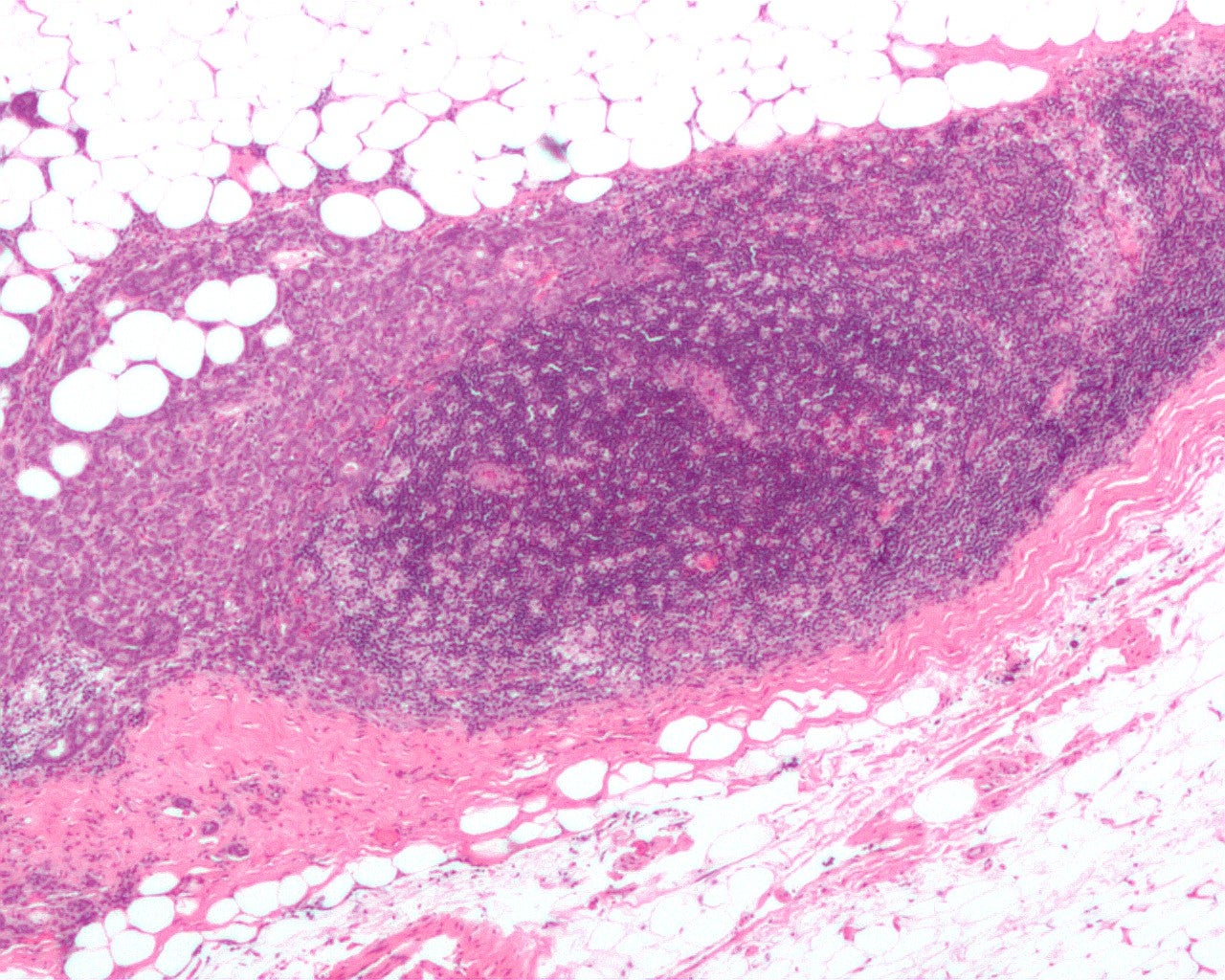
The Medical Technologies Product (MTP) council in Sweden has recommended Veracyte’s Prosigna Breast Cancer Assay for reimbursement and clinical use in all healthcare regions without restrictions in the country.
The latest move comes after the recent Federal Joint Committee (G-BA) reimbursement approval for the test in Germany.

Discover B2B Marketing That Performs
Combine business intelligence and editorial excellence to reach engaged professionals across 36 leading media platforms.
A prognostic genomic test, the Prosigna Breast Cancer Assay uses advanced genomic technology and analyses the 50 genes activity, called the PAM50 gene signature, as well as clinical-pathological features.
It provides a prognostic score, which indicates cancer recurrence probability, and helps patients with the next steps for managing their early-stage breast cancer.
The Swedish MTP Council’s recommendation will allow physicians to use the Prosigna test to help make decisions regarding chemotherapy.
The in vitro diagnostic test is used in female breast cancer patients aged above 50 years.

US Tariffs are shifting - will you react or anticipate?
Don’t let policy changes catch you off guard. Stay proactive with real-time data and expert analysis.
By GlobalDataPreviously, a health technology assessment (HTA) was conducted by the Swedish Dental and Pharmaceutical Benefits Agency (Tandvårds Läkemedelförmånsverketthe, TLV) which concluded that the Prosigna assay is a cost-effective genomic test for breast cancer.
It is claimed to be the only breast cancer test that is CE-IVD marked and also recommended by the MTP Council.
Veracyte pulmonology and breast cancer general manager Morten Frost said: “The positive TLV and MTP recommendations represent an important milestone for women with breast cancer throughout Sweden, because it makes it possible for them and their physicians to access the Prosigna test without restrictions to inform individual treatment decisions.
“The Swedish HTA is internationally recognised as a robust assessment with strict evidence and cost-effective requirements.
“We believe this recommendation reflects the robust evidence supporting the Prosigna assay, and we are actively working to make the test available to physicians and breast cancer patients who could benefit from it in other European countries.”
The Prosigna test is also reimbursed in Denmark, Israel, Spain and Switzerland, as well as recommended by the G-BA in Germany and UK NICE diagnostics guidance (DG34).





